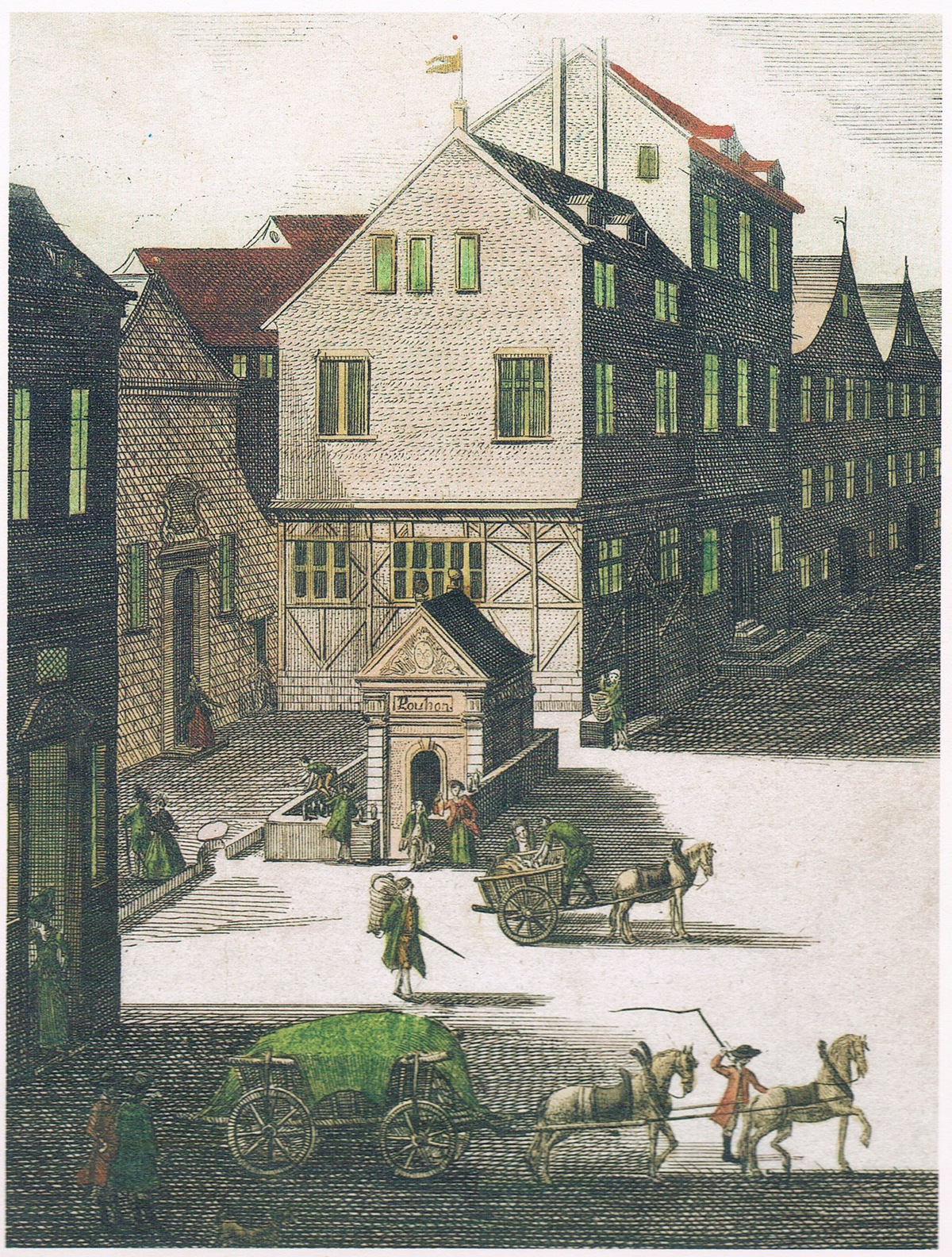7 Walks
A research project by Vermeir & Heiremans
7 Walks is a transdisciplinary project the artists started in 2020. It evolves around the question how re-imagining legal concepts could contest the absoluteness of property ownership. The artists argue that understanding property relations in a more stratified way, would be essential to better protect both natural and social commons. How this could contribute to more sustainable and equitable practices to govern water and art became the prime focus of 7 Walks.
7 Walks connects the ecology of the arts with a natural commons: water. It is strongly anchored in different local situations. The ambition is to contextualize local practices of ownership in a broader social, legal and political reading. The artists aim to manifest this in the different instalments 7 Walks will generate in a variety of places and contexts.
7 Walks is a practice that is directly engaged with a specific environment, and its publics.
Focusing on water in specific case studies the project develops ‘walking’ as a performative methodology. By physically traversing the property structures that are being discussed, it allows for the examination of apparently fixed ‘legal’ ideas. Walking generates a sensory experience while, at the same time, creating a new shared space. This can actively open the way to a radical space of imagination which puts artists, experts and participants on an equal footing. As a research method, it generates ‘situated knowledge’ and creates a context in which the public is not merely a participant, but also a co-author.
7 Walks responds to current and recently intensified debates about the necessity and position of art in today’s society. Like water, art can be considered a basic necessity of life, a proposal that many international resolutions have promoted. The project questions how basic human rights enter into dialogue with individual private property- and exclusive use rights. Could a renewed concept of ‘ownership’ contribute to a better distribution of surplus values so that all stakeholders in an ‘ecology’ can benefit from it? To discuss these questions Vermeir & Heiremans often invite guest walkers, and an involved group of participants.
7 Walks ‘activates’ archival documents the artists bring together in documentary exhibitions in art spaces, heritage museums, libraries… It brings immaterial heritage situated in public space into the discursive space of public collections. This form of activating the past not only makes it accessible, at the same time it trigges a contemporary debate that highlights specific social urgencies: ownership relationships, financialisation of natural resources, housing and knowledge, redistribution of value, the balance between private and public interest, organisational infrastructures… Activating archival documents and (urban) histories within public space serves as a basis for storytelling to foster discussions on values and the appreciation of public goods.
The idea for 7 Walks came to us in Spa, a small Belgian city which lies at origins of the word ‘spa’. The number 7 in the title is a symbolic reference to the most important water sources of the city of Spa. In the 16th century, Spa became famous for its healing ferruginous water sources and ever since the waters of Spa have been bottled and exported throughout Europe and beyond. Spa became known as the ‘café de l’Europe’, a kind of a present-day Davos for the European elites of the past. A territory of peace and tolerance, Spa was visited by kings, tzars, artists, politicians and philosophers, but equally by political refugees. It was a place where contrasting artistic and political visions were informally debated, during many daily walks towards the sources, walking being part of the cure next to drinking water.
Instalments of 7 Walks to date:
7 Walks (Rêveries d’un collectif de promeneurs) (2024)
7 Walks (Placcaet) (2023)
7 Walks (learning through the soles of our feet) (2023)
7 Walks (resolution) (2022)
7 Walks (Congress) 2022
7 Walks (resolution) (2021)
7 Walks (from Albisola to Silkeborg and Læsø) (2020)
Who owns the water? To whom does art belong? (2020)
Other related public moments to date:
7 WALKS (resolution) – cabinet de lecture
A cabinet de lecture containing archival documents and maps situating the walks into an historical and socio-economic context. In collaboration with Musée de la Ville d’eaux in Spa (August to November 2021)
Building Beyond, a “Summer School on Collective Strategies for Just Cities” by Permanent at Kaaistudio’s (Brussels), including a public walk by Vermeir & Heiremans (09/09/2021)
7 Walks (Revisiting Ernest Gambart). Online presentation at 12th Annual Critical Finance Studies Conference (August 2020). Video lecture-performance available
Was Jorn an Activist? Artistic Reflections on Value, Economy, and Property. Performative lecture at Kunsten Museum of Modern Art (Aalborg, Denmark, February 2020). View PDF version of this performative lecture
Researching sustainable practices through art & law: Walks (a reenactment in Spa), Intersection of Finance and Society, London (December 2019)
